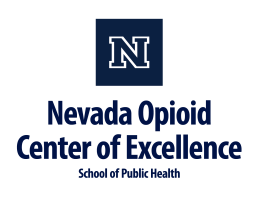Join the Pacific Southwest ROTA-R for this FREE 90-minute webinar that will explore the importance of medicines as an intervention for Opioid Use Disorder (OUD), especially in rural settings. The presenter will provide a brief overview of the scope of the opioid problem and its interconnection with other substances in increasing overdose deaths as well as discuss strategies overcoming stigma faced by individuals with OUD in rural settings, medical and behavioral treatment, and strategies to prevent overdoses. Recommendations for building compassion for this hard-to-reach population and creating safe, stigma-free spaces in which to receive care will be discussed.
Learning Objectives:
At the end of the webinar, attendees will be able to:
- Identify at least three (3) key characteristics of the current opioid use epidemiology.
- Define at least two (2) treatment strategies for addressing OUD in rural communities.
- Describe two (2) strategies to create a stigma-free care environment for people with OUD.
Presenter: Thomas E. Freese, PhD, Director, UCLA Integrated Substance Use and Addiction Programs UCLA Integrated Substance Use and Addiction Programs (ISAP), Division of Addiction Psychiatry; Co-Director, Pacific Southwest Addiction Technology Transfer Center, HHS Region 9
Questions? Contact PS ROTA-R staff at psrotar@casat.org
CONTINUING EDUCATION: This webinar has been approved for 1.5 continuing education hours through the International Certification & Reciprocity Consortium (IC&RC) and the National Board for Certified Counselors (NBCC) ACEP No. 6492. Participants must attend the live event to receive continuing education credits.
This course has also been approved by CASAT, School of Public Health, University of Nevada, Reno, as a NAADAC Approved Education Provider, for 1.5 CEUs. NAADAC Provider #98165. CASAT is responsible for all aspects of its programming. (This event applies to the following Counselor Skill Groups as defined by NAADAC: Counseling Services, Treatment Planning, Case Management, Discharge and Continuing Care, and Legal, Ethical and Professional Development.)

